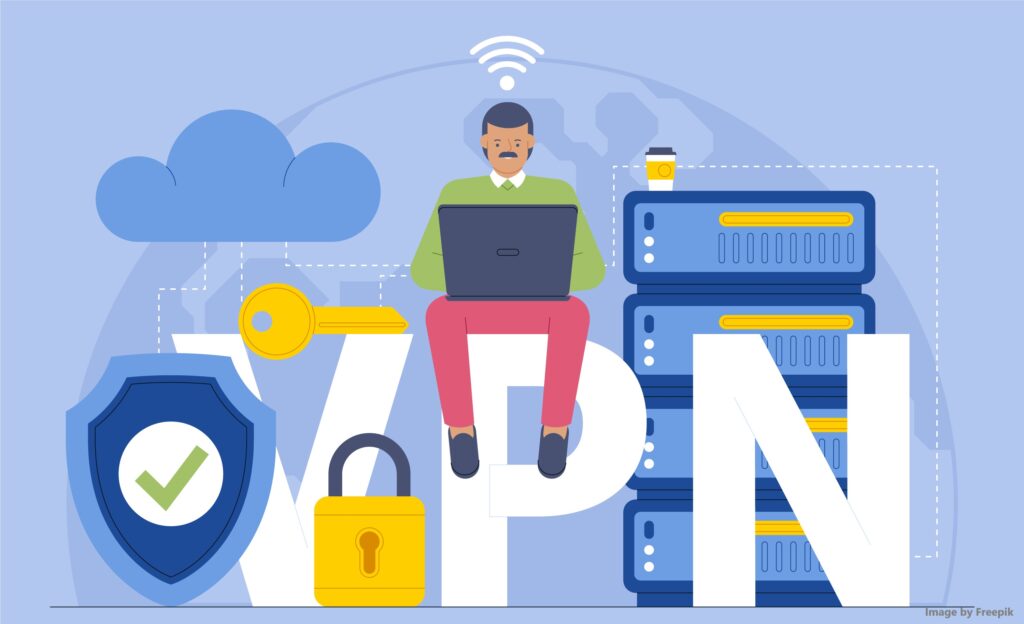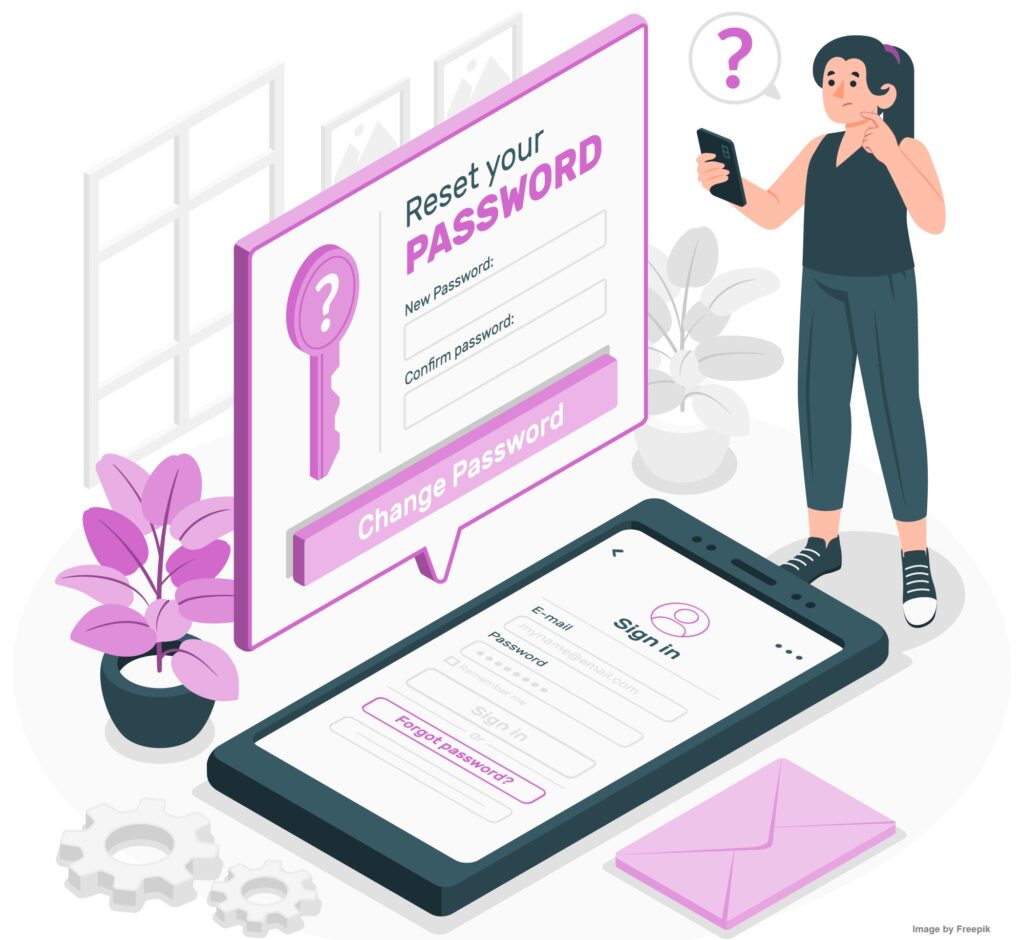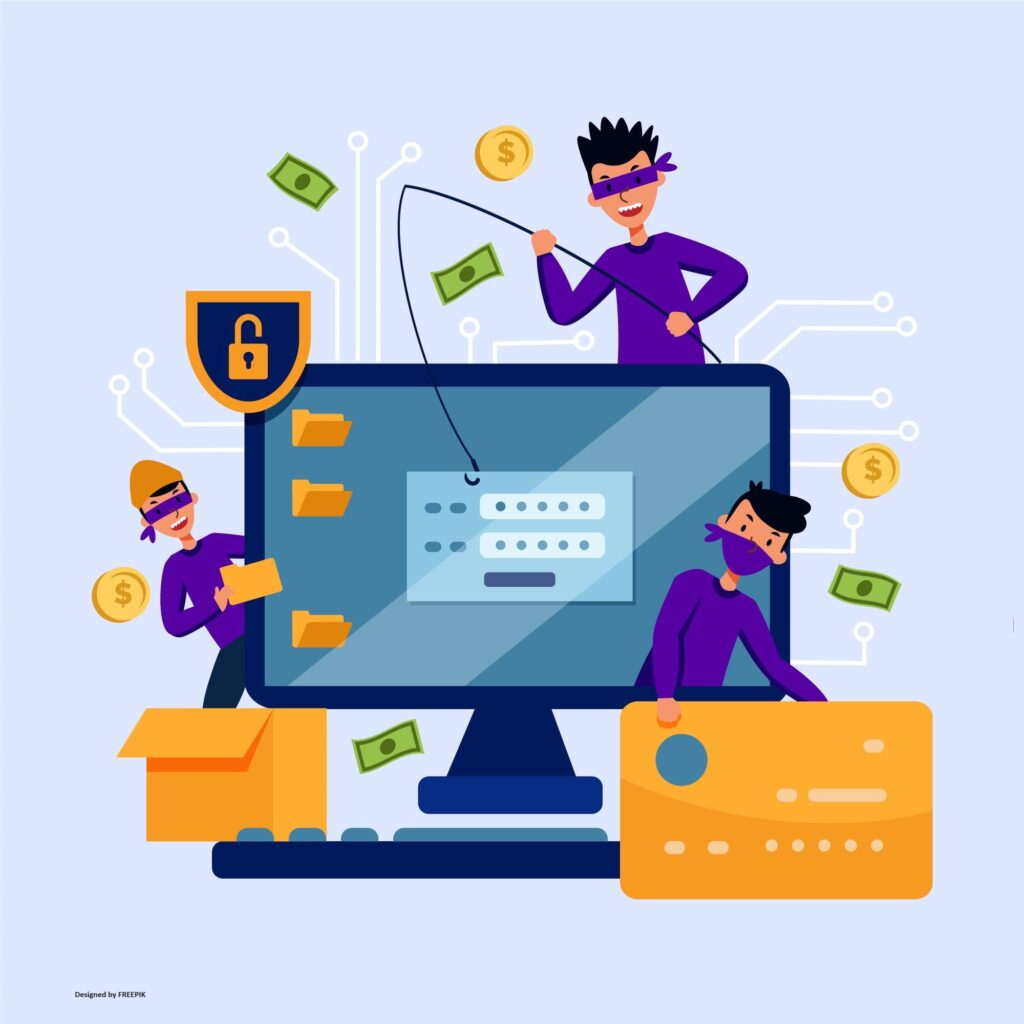When you’re starting a new company, you’ve got your hands full growing the business, keeping an eye on finances, and putting together a great team. With all the things on your plate, it’s totally understandable to sometimes forget about cybersecurity.
But here’s the thing, cyberattacks can target any company, no matter how big or small. It’s interesting how even a tiny startup can catch the eye of hackers! Cybercriminals don’t care if you’re now starting up, or how much work and money you have invested, all they are concerned about is getting what they can from you illegally.
There are many cases of tech startups like Antropic and Truepill that suffered cyberattacks. These attacks cause not only a loss in customer trust, but also a significant amount of money to recover the data. So the question is, could your startup afford such a loss?
The good news is, cybersecurity doesn’t have to cost a fortune. In this article, we’ll go through some budget-friendly cybersecurity strategies that can protect your business without busting your wallet. We’ll also cover why cybersecurity is so important, explore affordable tools, and outline practical steps you can use to secure your startup. By the end, you’ll have the knowledge to keep your business safe from cyber threats while being on a budget. So let’s get to it!
Jump To:
Toggle
Top Cybersecurity Threats Facing Startups
Regarding cybersecurity for startups, the threats are out there, and constantly changing. The first step to protecting your new company is to understand the threats it faces. Here are some of the most top cybersecurity threats facing startups:
Phishing Attacks
Ransomware
Ransomware is a type of malicious software known as malware that infects the computer system of a company or organization, encrypts the data, thereby rendering it inaccessible to the company. The only way to get back the data involves paying a ransom, hence the name ransomware.
The risk is, as with paying any ransom, that there is no guarantee you’ll get back your data once you’ve paid the ransom. Also, paying the ransom doesn’t solve the underlying issue. Therefore, it’s always better to prevents such attacks from happening in the first place.
Weak Passwords
Of course, I’m going to mention passwords, your first line of defense. If you have passwords that are easy to guess, you’re basically inviting a hacker to get access to your systems, accounts, and sensitive data.
Implementing strong, unique passwords for all accounts is an easy, yet often overlooked way to easily increase your security. If you want to know more, see my article on creating strong passwords.
Data Breaches
A data breach is basically an unauthorized or illegal access, theft, or exposure to a company or an organization’s sensitive information. It can include things like customer information, or data about the company itself.
As I’ve said before, a data breach can be disastrous to a startup company. More than just the obvious financial losses, it can lead to compliance fines, loss of customer trust, and an increased risk of lawsuits.

Essential Budget-Friendly Cybersecurity Tools
You’re here to know more about budget friendly cybersecurity ways to keep your startup safe. In fact, there are many budget-friendly cybersecurity tools that provide strong protection without the high costs. Here are a few of the best ones that provide great protection without the being expensive.
1. Firewall and Antivirus Software
Firewalls act as the first line of defense by blocking unauthorized access to your network, while antivirus software protects against malware. Free options like ClamAV offer good protection, while tools like iptables are great for managing firewalls.
2. Password Managers
We touched on the importance of having strong passwords, and password managers are a great option to generate and store complex passwords. KeePass is a free password manager, that can help you generate complexed passwords that are difficult to crack, and can be stored safely.
3. VPNs (Virtual Private Networks)
4. Two-Factor Authentication Tools
Tools like Authy or Google Authenticator enable two-factor authentication. Two-Factor or Multi-Factor authentication requires a second form of verification, other than just the password. It usually involves something like a code sent to your phone or email address, which you must then input to be verified. This will ensure that even if your passwords are compromised, hackers won’t be able to access your information.
4. Cloud-Based Security Solutions
A lot of fresh startups rely on a cloud service for storage and operations. Luckily, cloud security can be both scalable and cheap. To keep your data safe in the cloud, you can use services like Cloudflare that offer web application firewalls and intrusion detection systems. Amazon Web Services, AWS Shield can help detect and block potential threats.

Best Cybersecurity Practices for Startups
The safety of your new startup goes beyond the tools you use, your cybersecurity practices are just as important. These low-cost strategies can go a long way in keeping your business safe:
Employee Training on Security Awareness
Your employees are your greatest assets, and first line of defense. Train them properly to recognize phishing emails, suspicious links, and other common attacks. Consistent training helps to prevent many attacks that rely on human error, and can save your startup from big headaches down the line.
Regular Software Updates
Outdated software may not have the proper security updates, and can be an easy target for hackers. So staying up-to-date on patches and updates closes off these potential entry points
Limit Access to Sensitive Data
Limit data access only to team members who need it. This minimizes the risk of leaks and limits potential damage in case of an account compromise. The fewer people with access, the fewer opportunities for data loss.
Strong Password Policies
Require employees to create strong, unique passwords for all accounts, and ensure that they update them regularly. Password policies and regular enforcement are an easy and effective way to boost your startup’s cybersecurity.
Regular Backups
Backing up your data is always a sound practice, and especially in the event of a ransomware attack or other disruption, it means you can recover quickly. Cloud-based and offline backups can ensure you recover your data without paying a ransom.
Patch Management
Software is full of bugs, and a software patch is a means to address and fix a particular bug. Think of software like a pipe carrying water, and the software bug as the leak. The software patches will fix the leak, until another one comes along.
That’s why it’s important to ensure that all systems, applications, and devices are updated with the latest security patches to close any vulnerabilities.
Incident Response Planning
Having a plan in place for cyber incidents can reduce the impact of an attack. An incident response plan lays out steps to contain assets, recover from cyber incidents, and ensure a more organized response. When everyone knows their role, you can minimize the damage and recover faster.
These simple cybersecurity tips for startups on a tight budget require minimal investment but offer maximum protection. These mistakes are often avoidable, yet they leave your startup vulnerable to attacks.

Long-Term Cybersecurity Strategies
History has shown us that startups can grow quickly, and with this rapid growth comes vulnerabilities to cyberattacks. Building a long-term cybersecurity strategy ensures that as your startup company scales, your security measures grow with it. Here are a few tips:
Regularly Revisit and Update Security Measures
As the business evolves, so do the threats, and what works today might not be sufficient tomorrow. Regularly review and update your cybersecurity policies and tools to ensure they’re keeping up with the latest risks.
Prepare for Future Growth
You’ll need to anticipate as your startup grows, and invest in more advanced security tools and services. Having a plan for scaling security in advance helps you manage costs and ensure protection at every growth stage of your company.
Invest in Advanced Tools
As said in the previous point, as you grow, consider investing in more sophisticated solutions like SIEM (Security Information and Event Management) systems, which provide a more comprehensive view of potential threats.
These solutions offer centralized management of security data, making it easier to detect and respond to potential threats as your company expands. And as your startup matures, you’ll have the resources to justify this investment.
Conclusion
As we’ve seen, protecting your new business from cyber threats doesn’t need to cost a fortune. By implementing simple budget-friendly cybersecurity practices and using affordable cybersecurity tools, your startup can stay safe from common threats like phishing, ransomware, and data breaches.
Startups can be vulnerable, but with the right strategy, they don’t need to be defenseless. By following these low-cost cybersecurity solutions, you can secure your business without stretching your budget too thin. Are there specific challenges you’ve faced in implementing your cybersecurity strategy? Let me know, and good luck moving forward.
Key Points
- Cybersecurity for startups is critical to prevent financial, legal, and reputational damage.
- Budget-friendly cybersecurity tools such as free firewalls, VPNs, and password managers are effective for startups.
- Simple, affordable practices like employee training and regular software updates can significantly boost security.
- Long-term strategies ensure that your security grows with your business, helping to prevent future threats as you scale.







